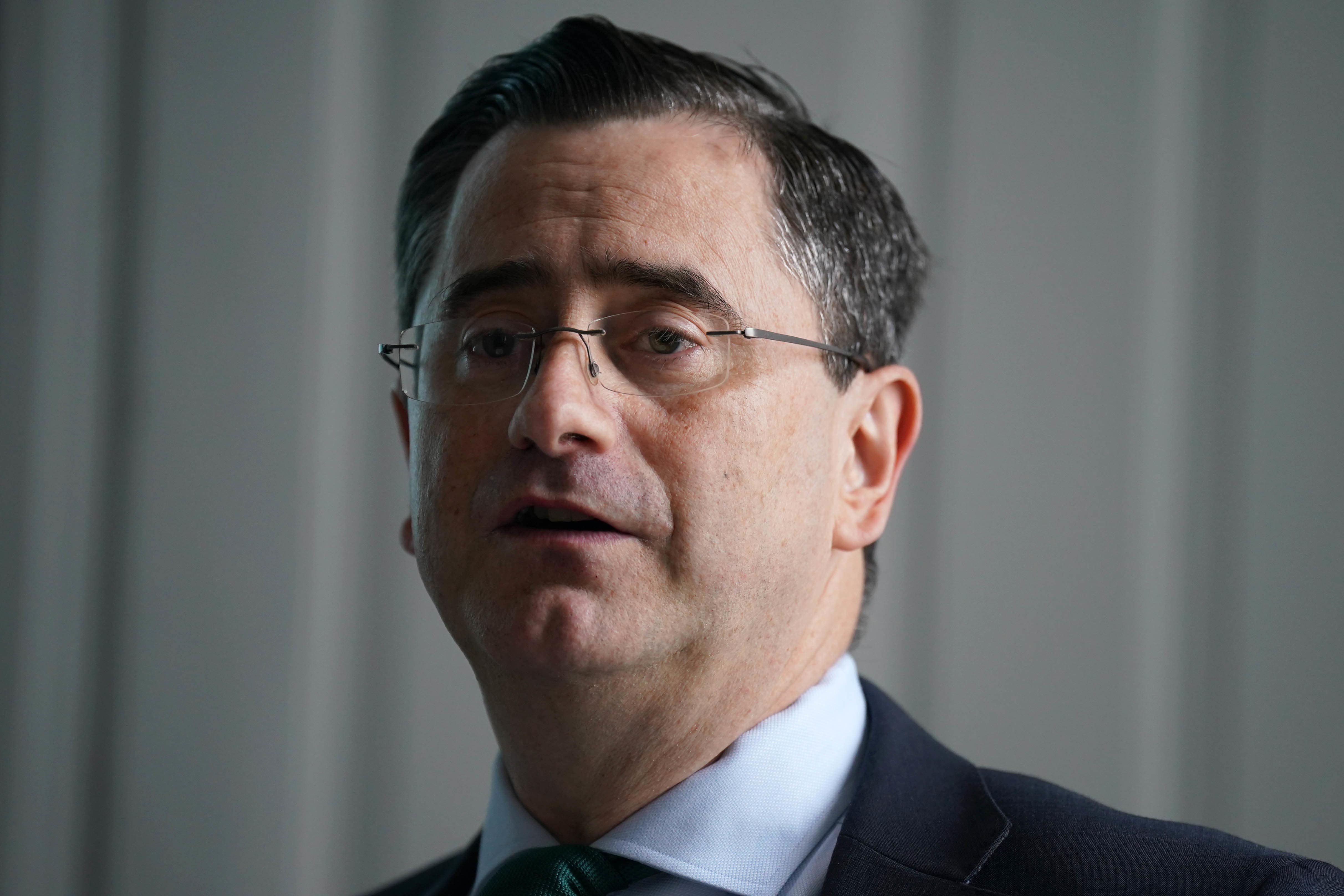‘Transformative’ effect of AI on Irish workforce examined by Government
‘Are more jobs going to be lost than are gained? The answer is, nobody knows,’ the Government’s chief economist John McCarthy said.

A scoping paper on how disruptive artificial intelligence (AI) will be for the Irish workforce is being undertaken by the Government.
The Irish Government’s chief economist John McCarthy said that AI is being viewed as the fourth industrial revolution and will be “transformative” for the Irish economy.
The Department of Finance and the Department of Enterprise are examining the effect the new technology could have, and are working with the team at the International Monetary Fund (IMF) that published research in January indicating that 40% of jobs globally will be affected by AI.
The Department is expected to publish a scoping paper on the issue by the summer.
Mr McCarthy said that digitalisation was “evolving rapidly”, including the move to remote working during the pandemic and card payments, and now AI was “coming at us thick and fast”.
“If you look at previous industrial revolutions, from the spinning wheel to the computer, and economists see AI really as the fourth industrial revolution, there will be job losses, there will be job gains,” he said on Wednesday.
“Some occupations will no longer exist, as was the case back when the spinning wheel was invented, so that will happen.
“From a policy perspective, the importance is ensuring a smooth transition so that people losing jobs, gain jobs, that they have the requisite skills to move from one sector to the other.
“Is it a case of complementing labour or substituting labour? We all got computers and suddenly became more productive. We got the spinning wheel 100-200 years ago, we produced more jumpers, we became more productive.
“The worry is with this new technology, are more jobs going to be lost than are gained? The answer is, nobody knows.”
The IMF research indicated that in advanced economies, the proportion of jobs that could be affected by AI is higher (60%).
“I think what we can definitively say about about AI, is that it is going to be transformative. Let’s hope it’s transformative good, and policy has a role to play here, but you can’t rule out the possibility of transformative bad,” Mr McCarthy said.
Bookmark popover
Removed from bookmarks